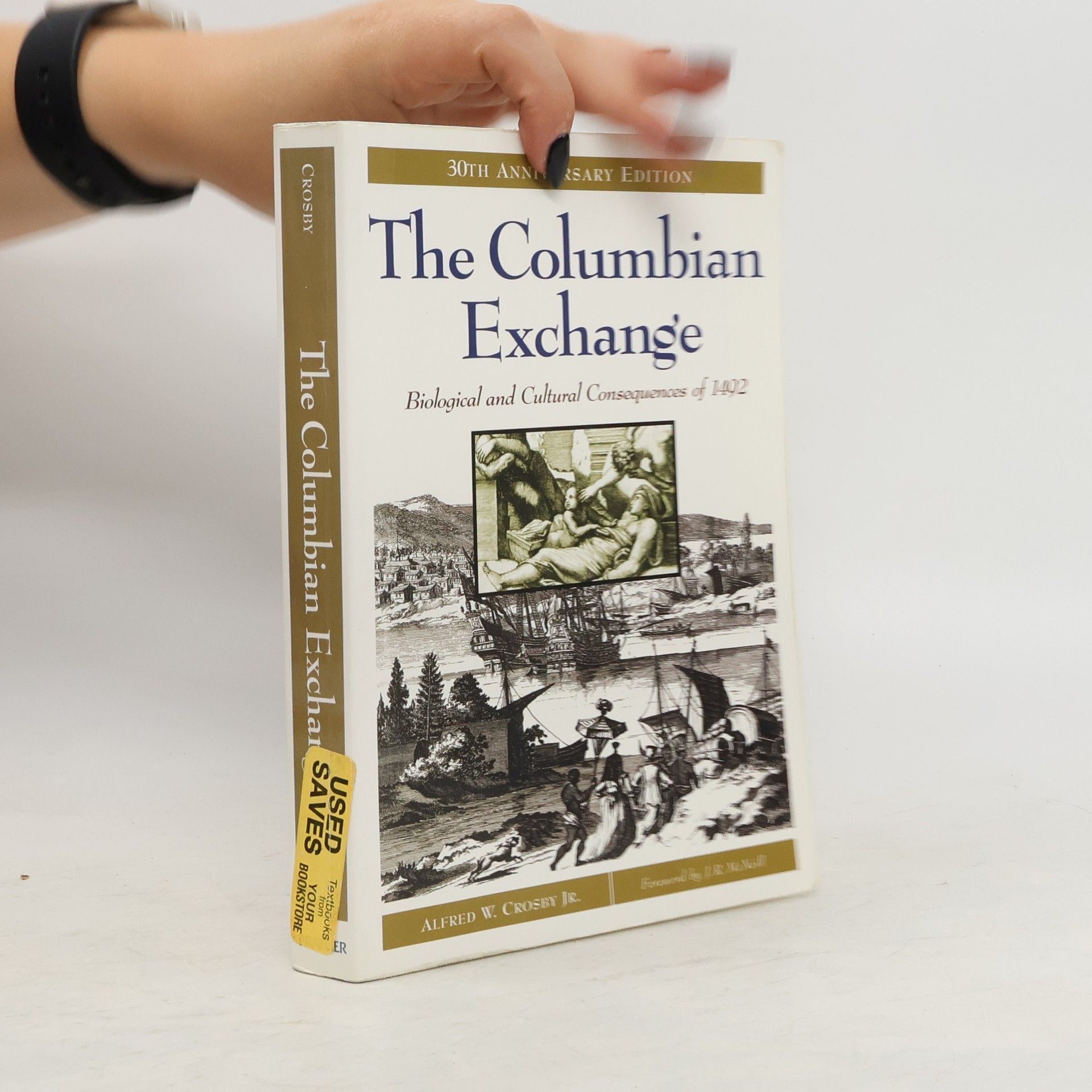Thirty years ago, Alfred Crosby published a small work that stressed a simple point - that the most important changes brought on by the voyages of Columbus were not social or political, but biological in nature. This 30th anniversary edition includes a new preface from the author.
Alfred W. Crosby Books
January 15, 1931 – March 14, 2018
Alfred W. Crosby Jr. was an interdisciplinary researcher who bridged history, geography, biology, and medicine. He investigated the historical causes behind the unequal distribution of global wealth, exploring the biological factors that facilitated European expansion. A central theme in his work was the profound impact of epidemics on human history, recognizing the significant influence of events like the 1918 flu pandemic. Crosby is also credited with coining the term 'Columbian Exchange,' a concept that has fundamentally shaped historical discourse.


Ecological Imperialism
- 368 pages
- 13 hours of reading
A fascinating study of the important role of biology in European expansion, from 900 to 1900.